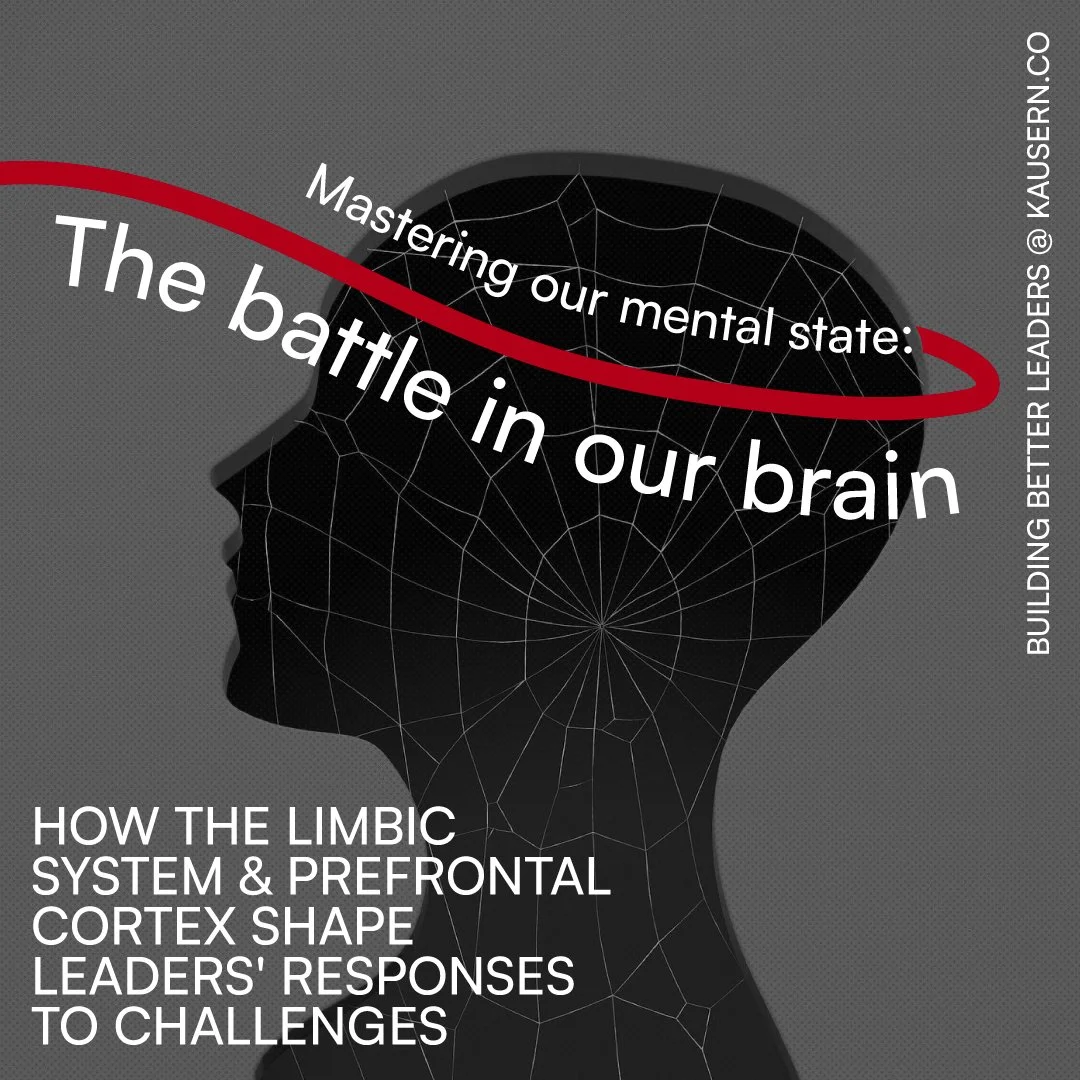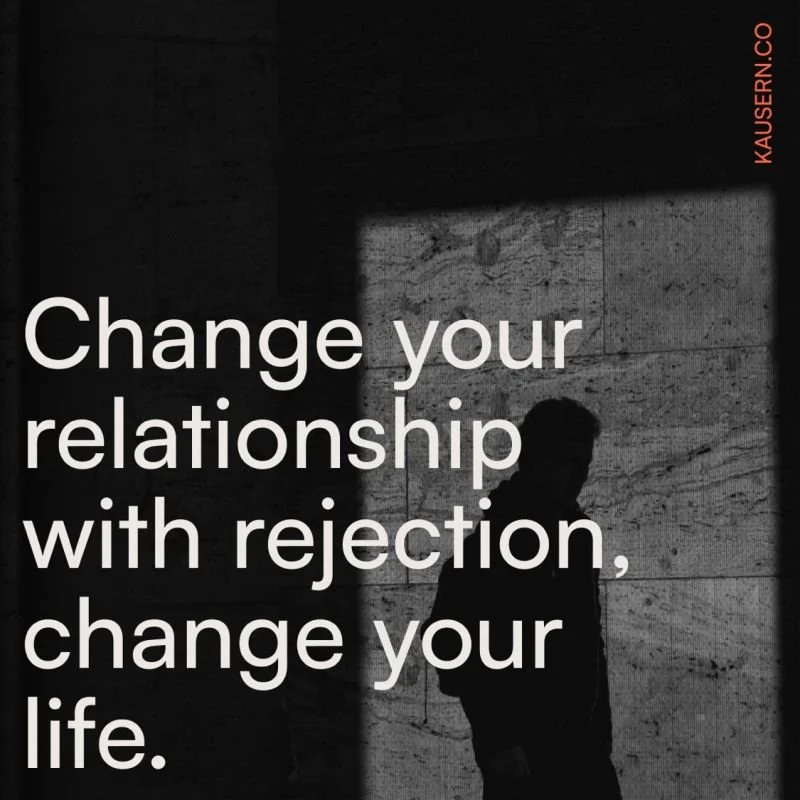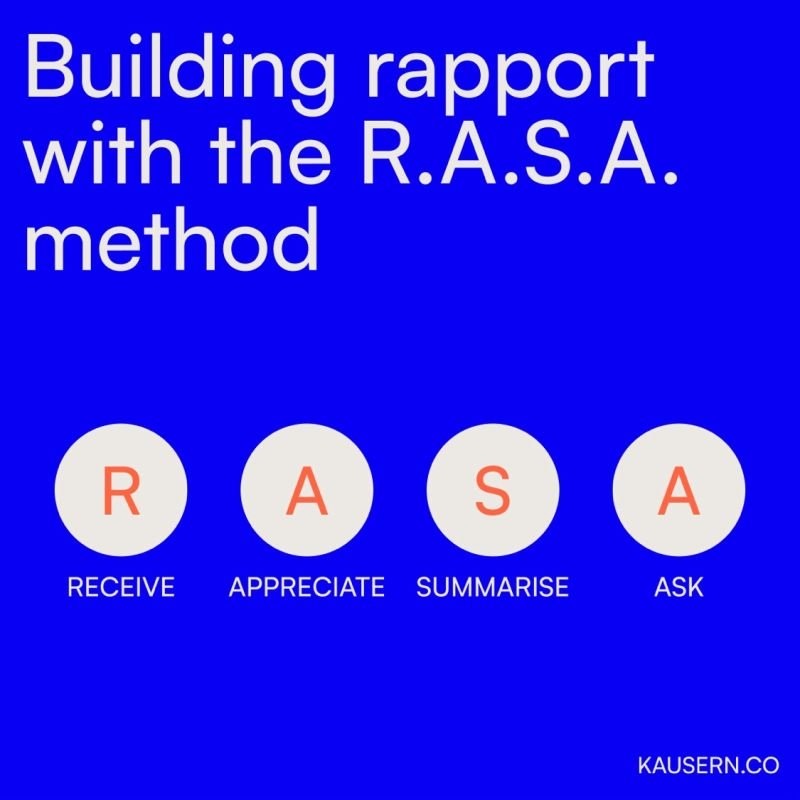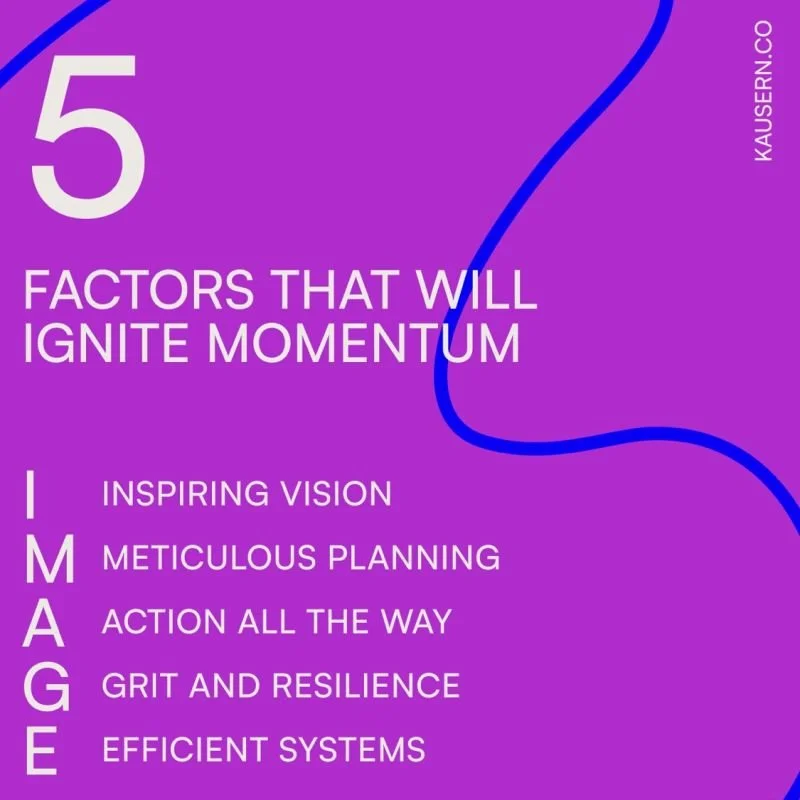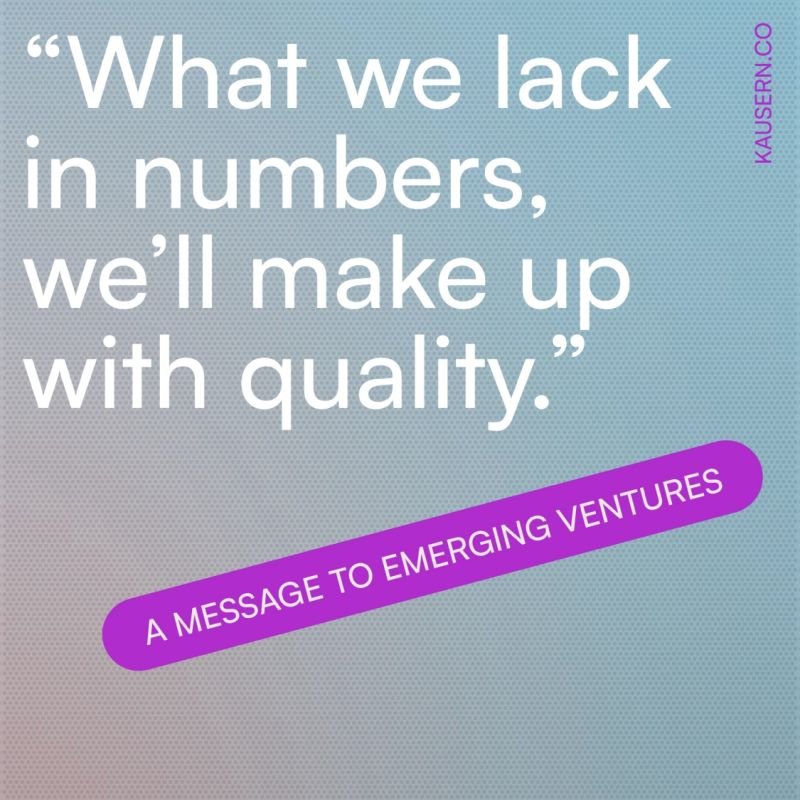Filter by —
How to improve your emotional intelligence (EQ) as a leader
In my previous post, I introduced The Four Quadrants of Emotional Intelligence (EQ). EQ can be developed just like any other skill. Here’s how to enhance your EQ as a leader.
The 4 quadrants of emotional intelligence
We all know someone who seems to lack emotional intelligence (EQ), but what exactly are the signs?
Mastering our mental state: The battle in our brain
As leaders, understanding and managing our mental state is crucial for effective decision-making and guiding our teams to success.
Change your relationship with rejection, change your life
Is it possible to redefine rejection and leverage it to our advantage? Here’s what I’ve learned so far.
‘Rejection’ is a strong word that ignites feelings of inadequacy in the hearts of many. But when you learn how to perceive and respond to rejection, it turns into a superpower.
What a Grab driver taught me about making money
Recently, I hailed a Grab car for my commute. What began as an ordinary ride unexpectedly changed my outlook on the business of earning.
Embracing 3 mindsets for constructive conversations
Be it political discourse, workplace clashes, family dinner debates or relationship dilemmas, engaging in conversations with individuals who hold opposing viewpoints can be frustrating. How can we prepare ourselves better before we enter such conversations?
Why top employees quit despite liking their jobs
The departure of star employees can leave employers scratching their heads in bewilderment. As employers, what are we not seeing?
How to stay motivated in an infinite game
Leaders are humans too, and need immediate acknowledgement to know that we’re on the right path.
The problem is that it’s not as simple to measure success in leadership. Unlike games with clear rules and defined endpoints, the pursuit of impactful leadership is an infinite game.
Breaking the cycle of overthinking
Overthinking is part of the human experience, but when left unchecked, it can take a toll on our mental well-being. As a person recovering from it, here's the one thing I’ve learned that has centred me.
The power of 80%
Getting 80% done is better than 100%? This idea might seem counterintuitive to progress but there is some wisdom behind this mantra.🦉
You see, the pursuit for 100% often leads to delays, burnout, and even missed opportunities. In contrast, focusing on reaching the 80% mark acknowledges the diminishing returns associated with achieving absolute perfection.
Building rapport with the R.A.S.A method
When it comes to building strong relationships, rapport matters. Here’s a simple framework to build instant rapport.
What is rapport? Rapport is simply defined as having a good understanding of someone and the ability to communicate well with them. It usually involves mutual respect, trust, and empathy.
The transformative power of keeping promises we made to ourselves
Here’s how a simple idea has improved my self-confidence overtime: Keeping promises made to ourselves. 💪
How it looks like on a day-to-day:
In my case, if I tell myself that I’ll go for a jog today, even if it’s only for 10 minutes I’ll do it no matter what. If I promise to wake up an hour earlier, I’ll do my best not to hit the snooze button (OK, maybe I’ll hit it once).
5 factors that will ignite momentum
John C. Maxwell said, “Momentum solves 80% of your problems.” Here’s how to build momentum. 🚀
If you’re leading a team, you would know that momentum is your best friend. When you don't have it, everything seems difficult. Momentum is the force that will propel you to success.
Leading during a crisis is like performing in a stage play
Stage plays vs films: What’s the difference?
🎭 Given their limited proximity, stage plays often emphasise heightened expressions to ensure visibility and impact for the audience. Plots in stage plays are generally simpler as immediate and continuous engagement is required. Also, it needs to regard practical considerations such as limited sets and swift scene changes.
The 4Es of leadership development
🛠️ When developing aspiring leaders in your organisation, consider the 4Es of leadership development (Environment, Equipping, Exposure, and Execution); a framework that offers a holistic approach to nurturing leadership skills.
The art of Shu-Ha-Ri in leadership
Shu-Ha-Ri is a Japanese martial art concept, describing the stages of learning to mastery. The word “shuhari” roughly translates to "first learn, then detach, and finally transcend."
Quality over quantity
💪 “Don’t give up because we’re outnumbered!”
In a world often obsessed with sheer numbers and size, there's another perspective that emphasises the importance of quality over quantity. This quote, “What we lack in numbers, we will make up with quality”, suggests that success can be achieved through a focus on excellence rather than sheer volume.
The play framework
⚽️ “Life is not a game, but a SERIES of games.”
If this is true, then we had better be purposeful in how we play these “games”. I did some research and analysed some existing frameworks to develop this modest framework with the hope of helping us leaders assess our team members better based on how they are playing.
Part 2: How to be an effective facilitator
Facilitation is collaboration, and the success in collaborative efforts is a multi-dimensional affair not solely defined by results. When a leader puts on their facilitation hat, they should do so with the mindset of balancing these three dimensions (see image):
Part 1: What is facilitation and why is it important
🎙️In a recent podcast, Adam Grant asked Brene Brown if the word ‘leadership’ didn’t exist, what would she replace it with?
She replied: “Facilitation”



